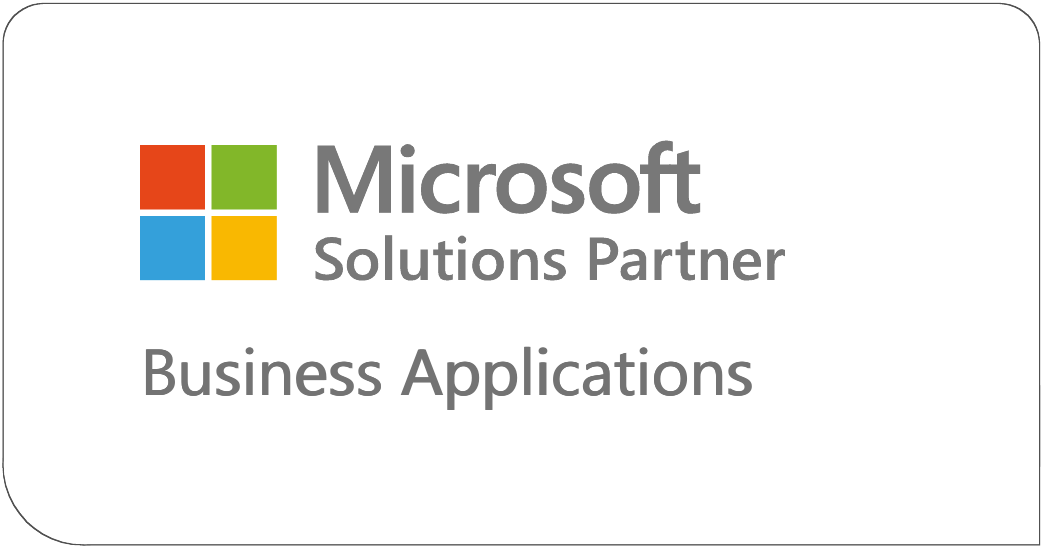|Ahmed Saeed
Blockchain technology’s impact extends beyond cryptocurrency, offering innovative solutions across various sectors.

Challenges in Healthcare Data Management
The healthcare industry faces several challenges in managing patient data:
- Data Fragmentation: Patient information is often spread across multiple systems and organizations, leading to fragmented and incomplete records. This can hinder coordination of care and result in inefficiencies.
- Security and Privacy Concerns: Protecting patient data from breaches and unauthorized access is a critical concern. Traditional systems may be vulnerable to cyber-attacks and data leaks.
- Data Interoperability: Different healthcare systems and standards can create barriers to data exchange and integration. Lack of interoperability can impede seamless communication between healthcare providers.
How Blockchain Addresses Healthcare Challenges
- Improved Data Interoperability: Blockchain can create a unified and interoperable system for storing and sharing patient data. By using a decentralized ledger, healthcare providers can access and update patient records in real-time, ensuring that data is accurate and up-to-date.
- Enhanced Security and Privacy: Blockchain’s cryptographic features provide robust security for patient data. Data is encrypted and stored in a decentralized manner, reducing the risk of unauthorized access and breaches. Patients have control over their own data and can grant or revoke access as needed.
- Streamlined Clinical Trials and Research: Blockchain can improve the efficiency and transparency of clinical trials and research. By recording trial data on a blockchain, researchers can ensure data integrity, prevent tampering, and facilitate secure sharing of information. This promotes trust and accelerates the development of new treatments and therapies.
- Efficient Supply Chain for Pharmaceuticals: Blockchain can enhance the traceability and authenticity of pharmaceutical products. By tracking the entire lifecycle of drugs from production to delivery, blockchain helps in preventing counterfeiting and ensuring the integrity of the supply chain.
Real-World Examples of Blockchain in Healthcare
- MediLedger Project: The MediLedger project focuses on using blockchain for pharmaceutical supply chain management. It aims to improve traceability, prevent counterfeit drugs, and enhance compliance with regulations.
- Patientory: Patientory is a blockchain-based platform that provides a secure and interoperable system for managing patient health records. It enables patients to control their own data and share it with healthcare providers as needed.
Challenges and Considerations
- Regulatory and Compliance Issues: Implementing blockchain in healthcare requires adherence to regulatory standards and compliance with data protection laws. Organizations must navigate complex legal and regulatory landscapes.
- Scalability and Performance: Blockchain networks need to handle a high volume of transactions efficiently. Scalability solutions and performance optimization are essential to meet the demands of the healthcare industry.
- Adoption and Integration: Integrating blockchain with existing healthcare systems and workflows can be challenging. Organizations must address technical and organizational barriers to ensure successful adoption.
Conclusion
Blockchain technology has the potential to revolutionize healthcare by improving data management, security, and interoperability. As the industry continues to explore and implement blockchain solutions, the benefits for patients, providers, and researchers will become increasingly significant, leading to more efficient and trustworthy healthcare systems.

